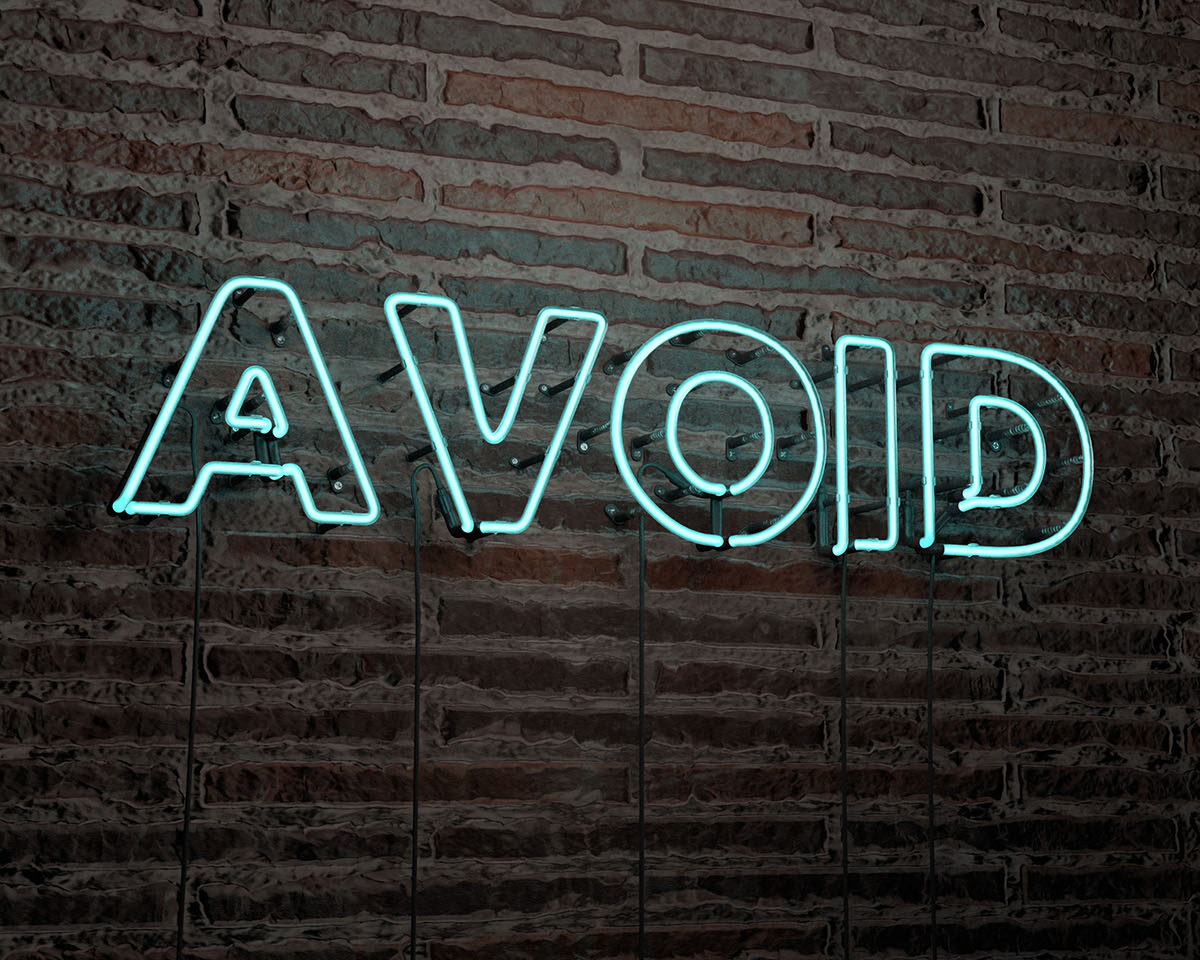Negative Thinking is Powerful—And Not in a Good Way
Norman Vincent Peale published The Power of Positive Thinking in 1952. But it’s only more recently that we’re learning about the destructive power of negative thinking.
A few years ago, an author cornered me at a publishing conference to complain about his agent, gripe about his publicist, and grumble about his publisher. It was beyond awkward. I tried to change the subject, but he persisted.
Maybe you’ve had a similar experience. I was trapped, and I couldn’t escape!
Some people are relentlessly negative. It’s like they derive their significance from feeling wronged, put upon, and persecuted. You know what it’s like to be around people like this. Everyone is an idiot but them. Nobody can do anything right. Life is rigged.
Whatever satisfaction people get from being negative, I hope it’s enough—because it’s about the only benefit they’re getting. Meanwhile, it’s costing them plenty.
In general, pessimists don’t perform as well in life as optimists, according to psychologist Michael Scheier. They “tend to deny, avoid, and distort the problems they confront, and dwell on their negative feelings,” he says.
And the costs only go up from there. Here are just five ways pessimism can ruin your life:
- Pessimism kills your creativity. If we want to thrive in our present economy, it’s critical that we offer creative solutions to difficult problems. But pessimism not only kills your own creativity, as Neil Wadhwa says, it also ends up killing the creativity of those around you.
- Pessimism harms you emotionally. Research shows that while positive thinking wears off, negative thinking sticks with us for weeks. We may have to work at staying positive, but going negative is easy. And every time you remember a negative thought, your sense of well-being takes a dive.
-
Pessimism keeps you down professionally. Negative thoughts are often demotivating and can really impact job performance. If you’re heart’s not in your job, leaders and colleagues will notice. And you’ll watch promotions and other opportunities pass you by.
-
Pessimism damages relationships. As the saying goes, perception is reality. If you’re always thinking and communicating the worst, you’ll turn people off and drive them away. Instead of growing closer, they’ll start looking for excuses to be someplace else with somebody different.
-
Pessimism makes you sick. You’ve heard of the placebo effect. Researchers have also documented what they call the “nocebo effect.” When we think we’ll get sick, we tend to actually do so. Negative thinking not only drives up our stress levels, it also can lead to heart attacks and other serious health problems, including dementia.
It’s popular to promote counterintuitive reasons pessimism can be helpful to us. But here’s the truth. I’ve never met a single leader or entrepreneur who was both pessimistic and successful. Why? Negaholics just aren’t up for what it takes to win.
I finally got free from my pessimistic author friend. I saw an opportunity and ran. I felt immediate relief. His negative attitude wasn’t doing me any favors. It wasn’t doing him any favors either.
Disclosure of Material Connection: Some of the links in the post above are “affiliate links.” This means if you click on the link and purchase the item, we will receive an affiliate commission. Regardless, we only recommend products or services we use and believe will add value to our readers. We are disclosing this in accordance with the Federal Trade Commission’s 16 CFR, Part 255: “Guides Concerning the Use of Endorsements and Testimonials in Advertising.









